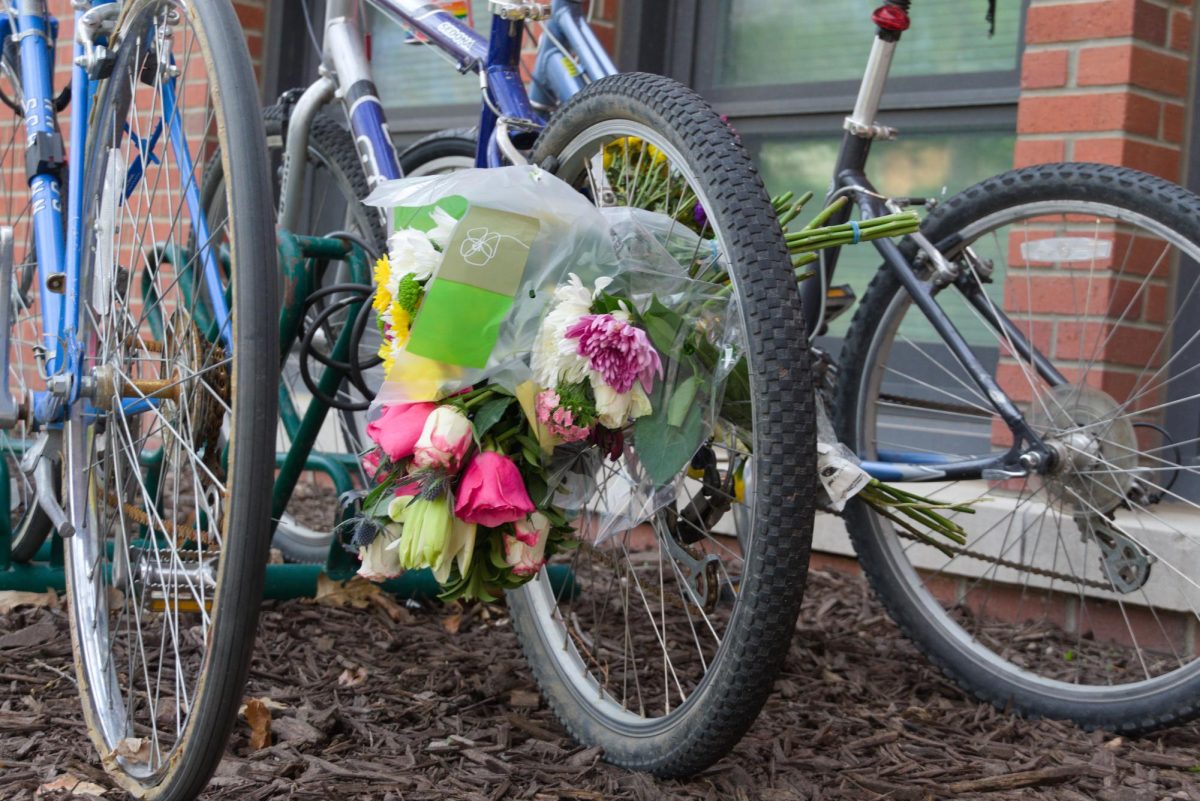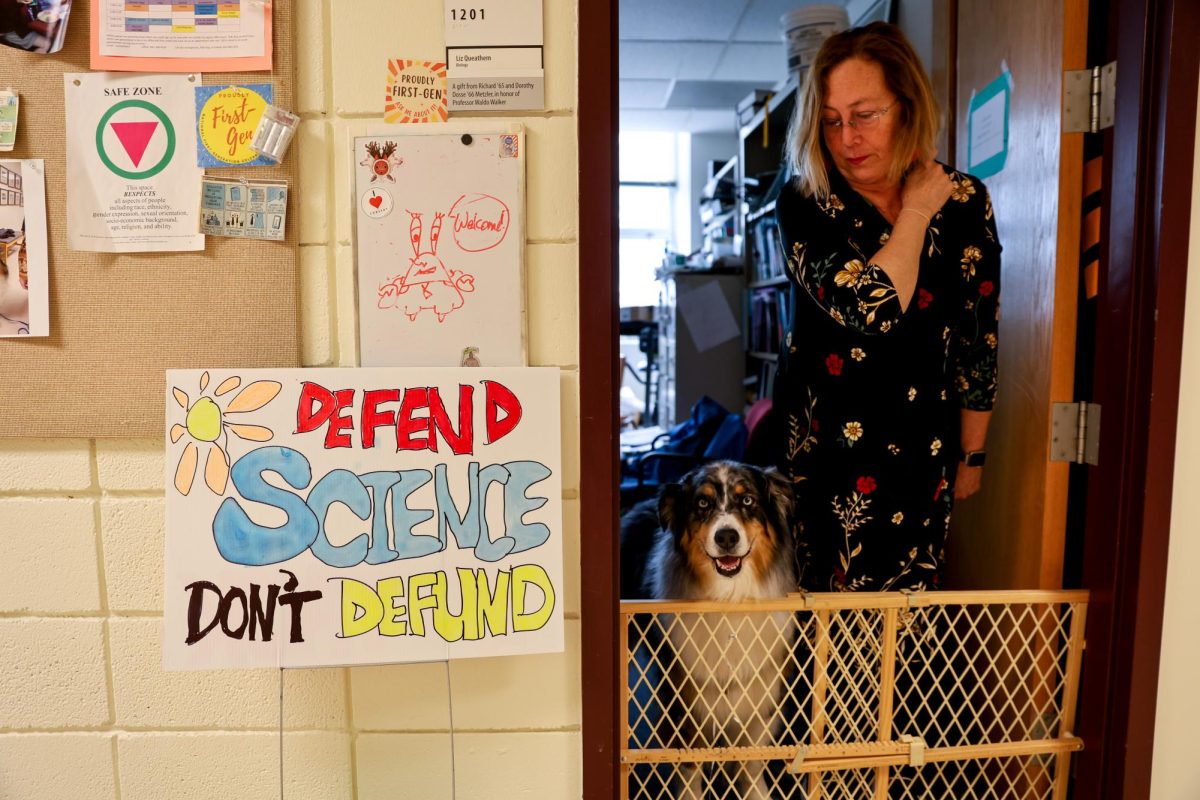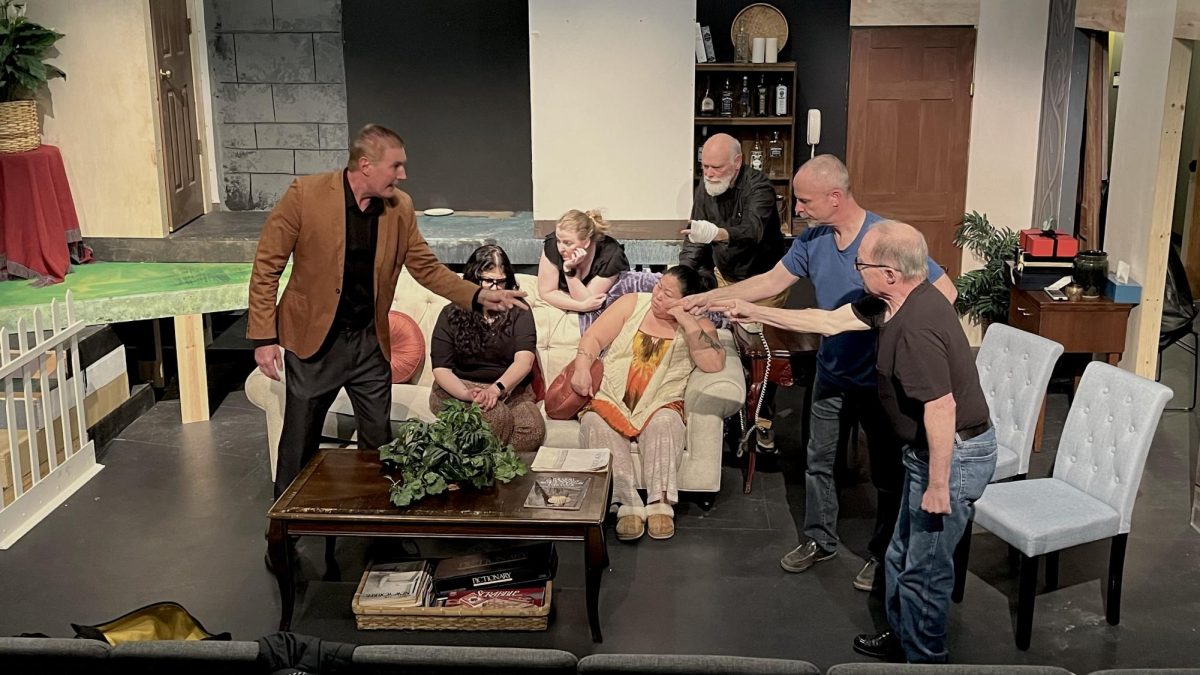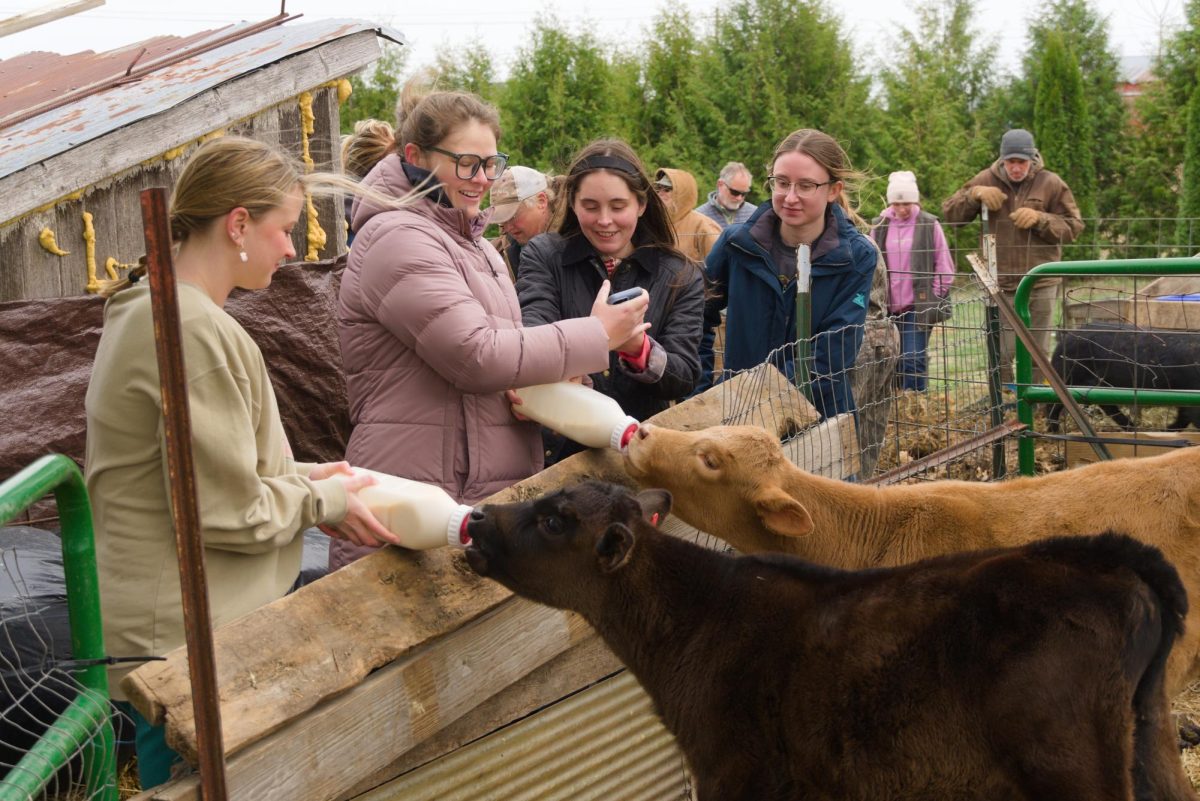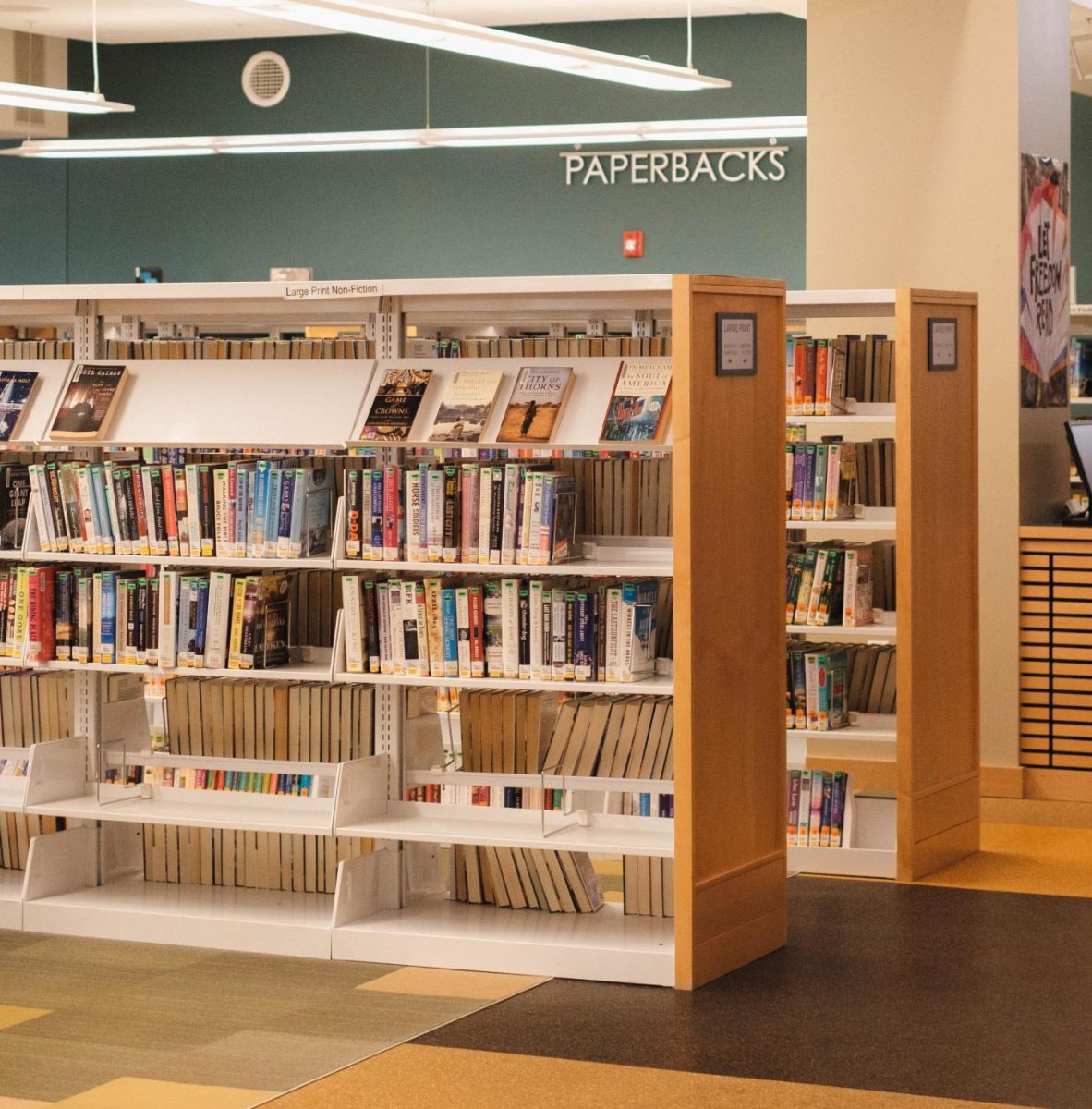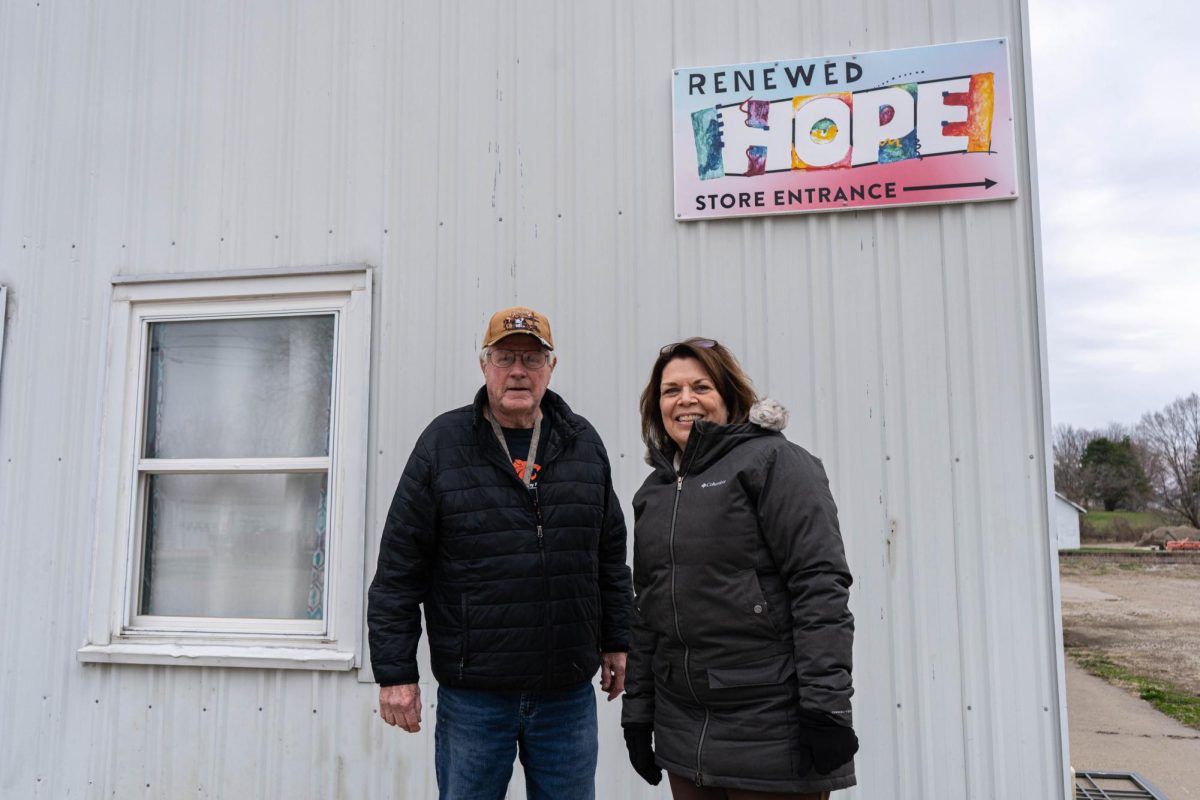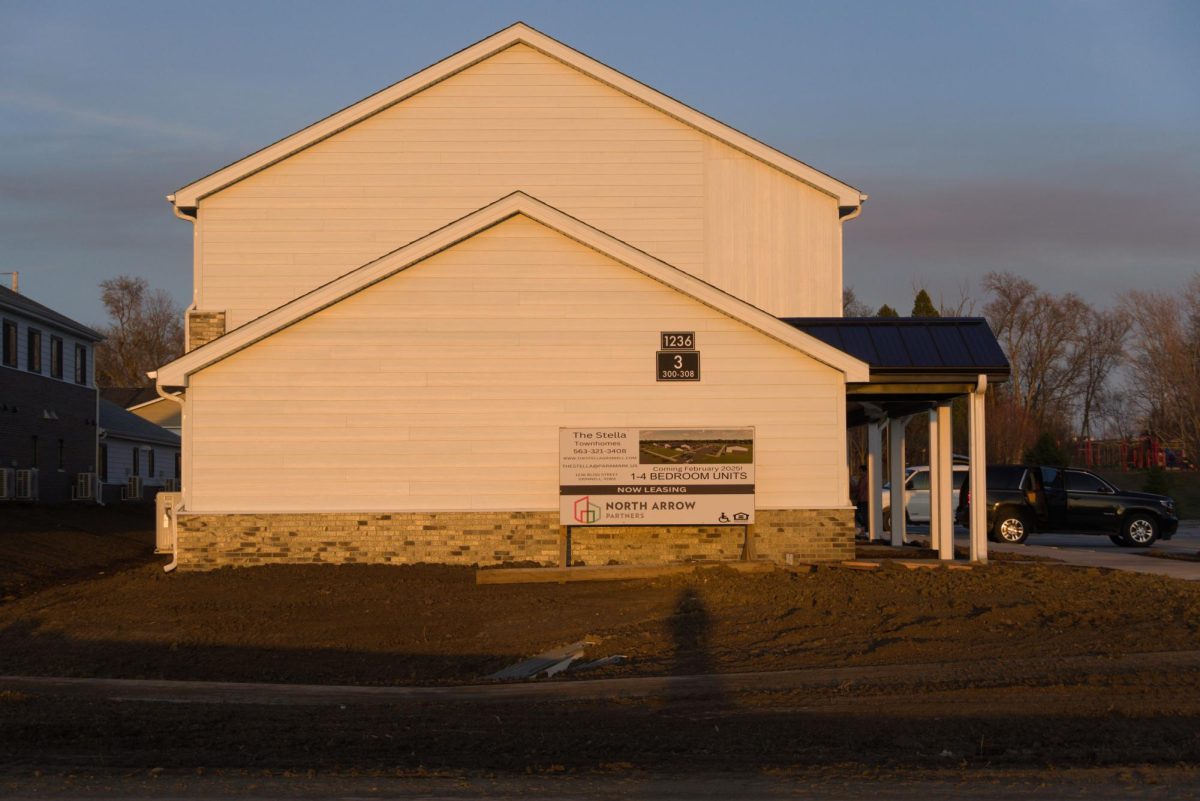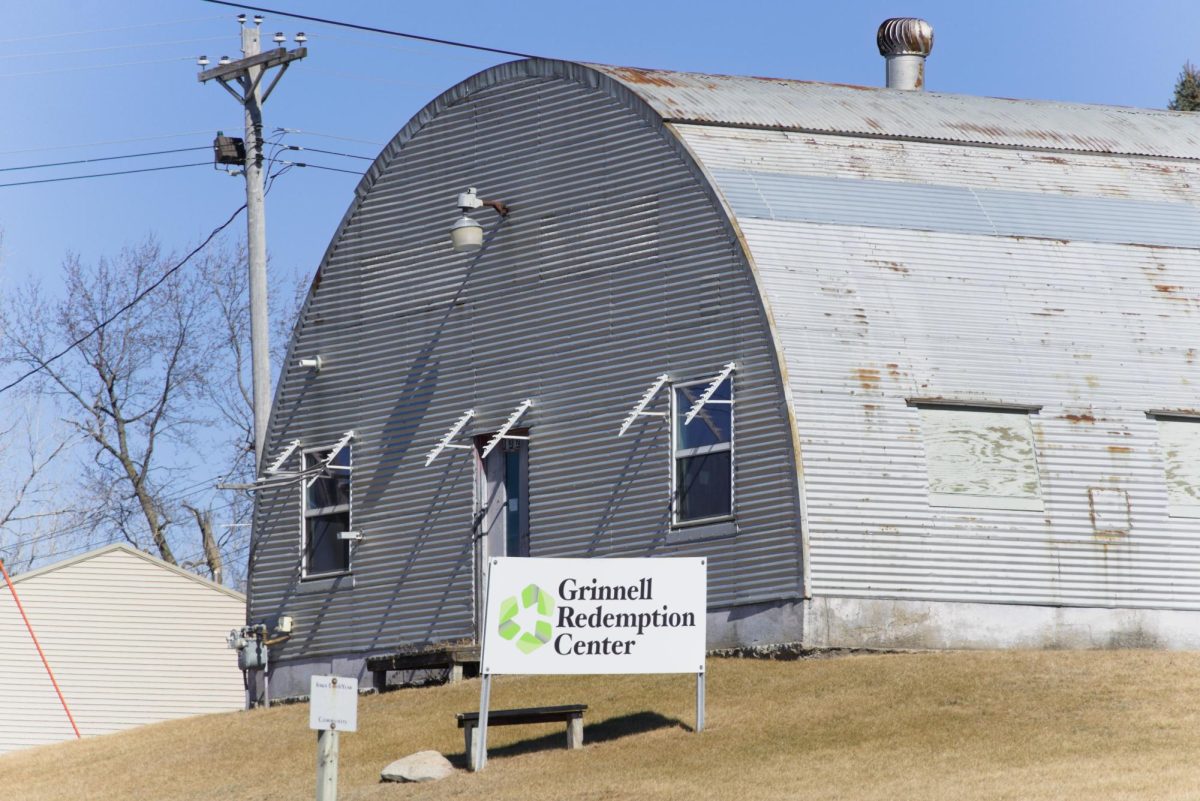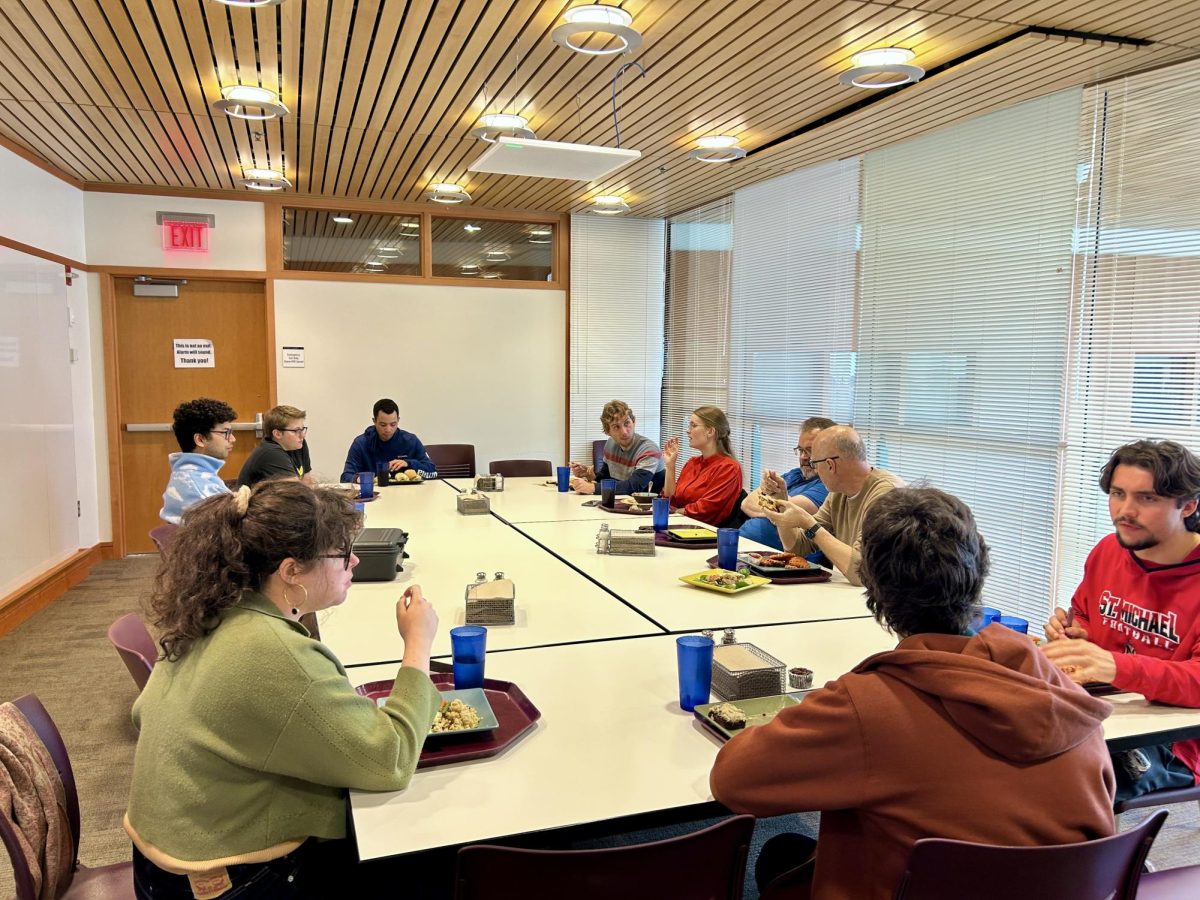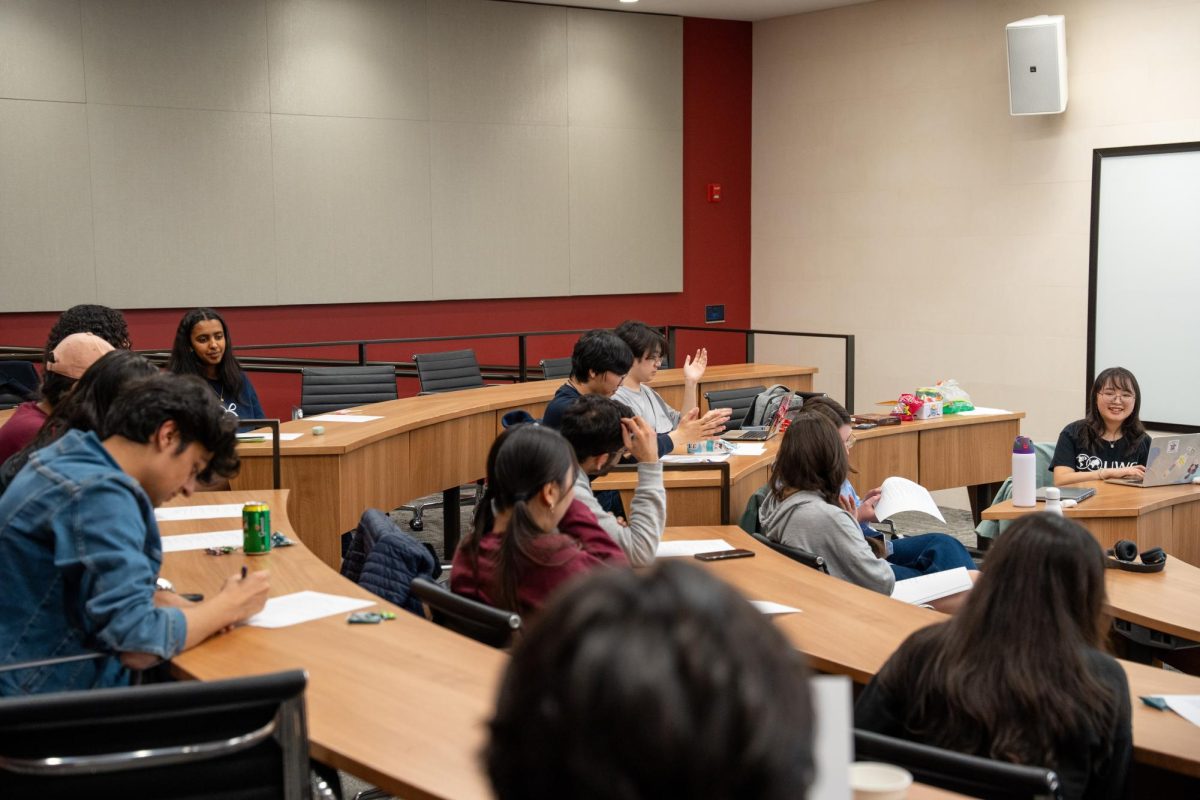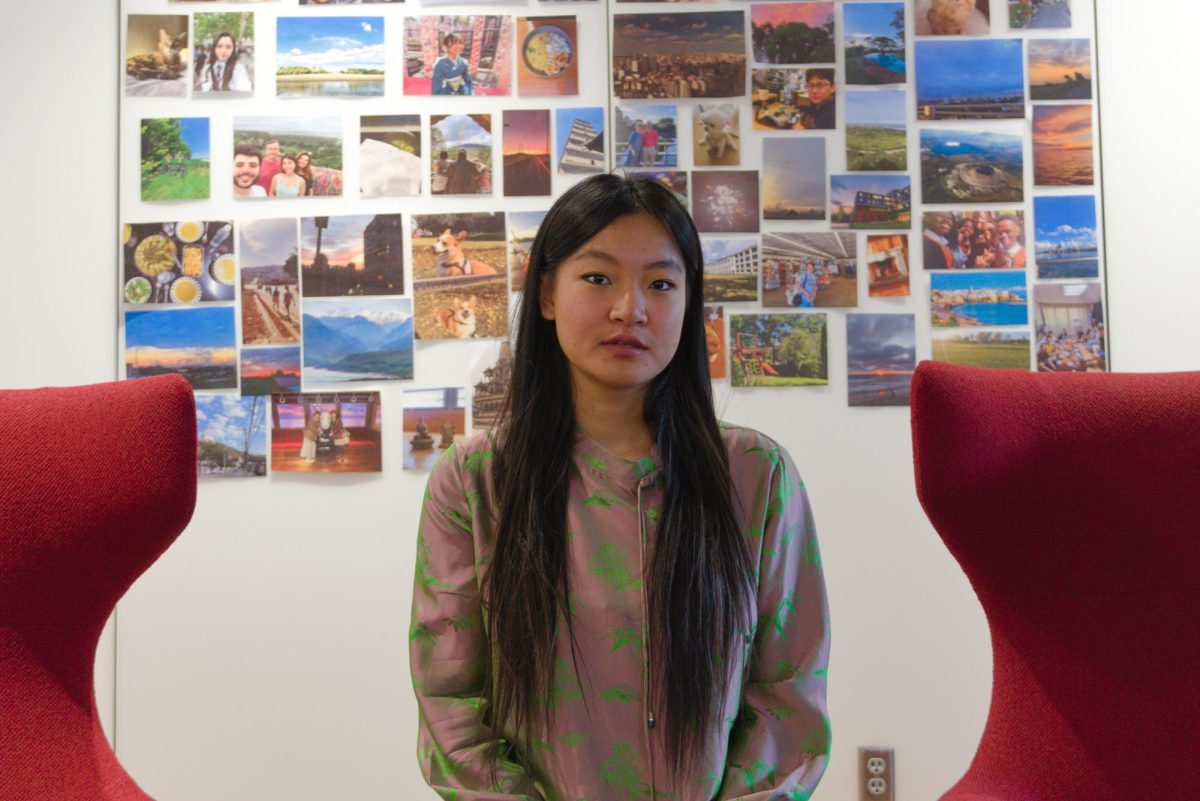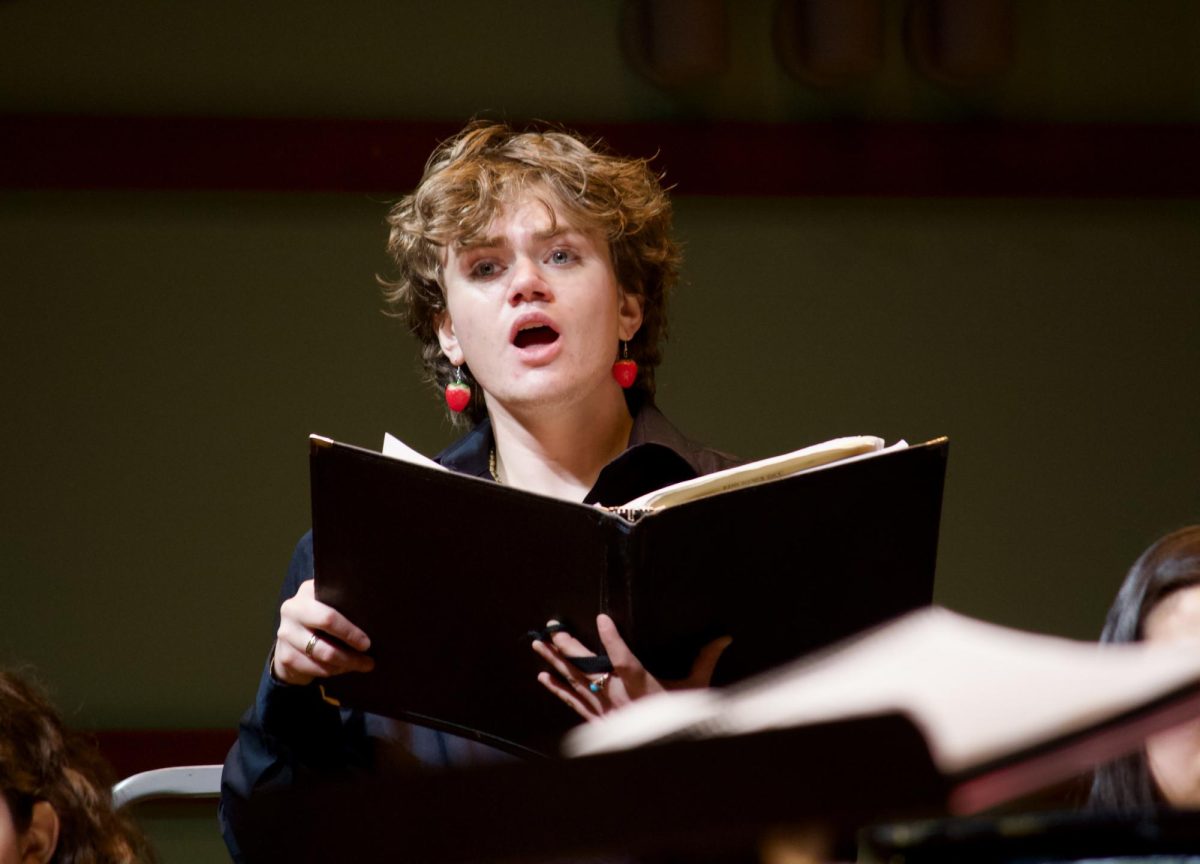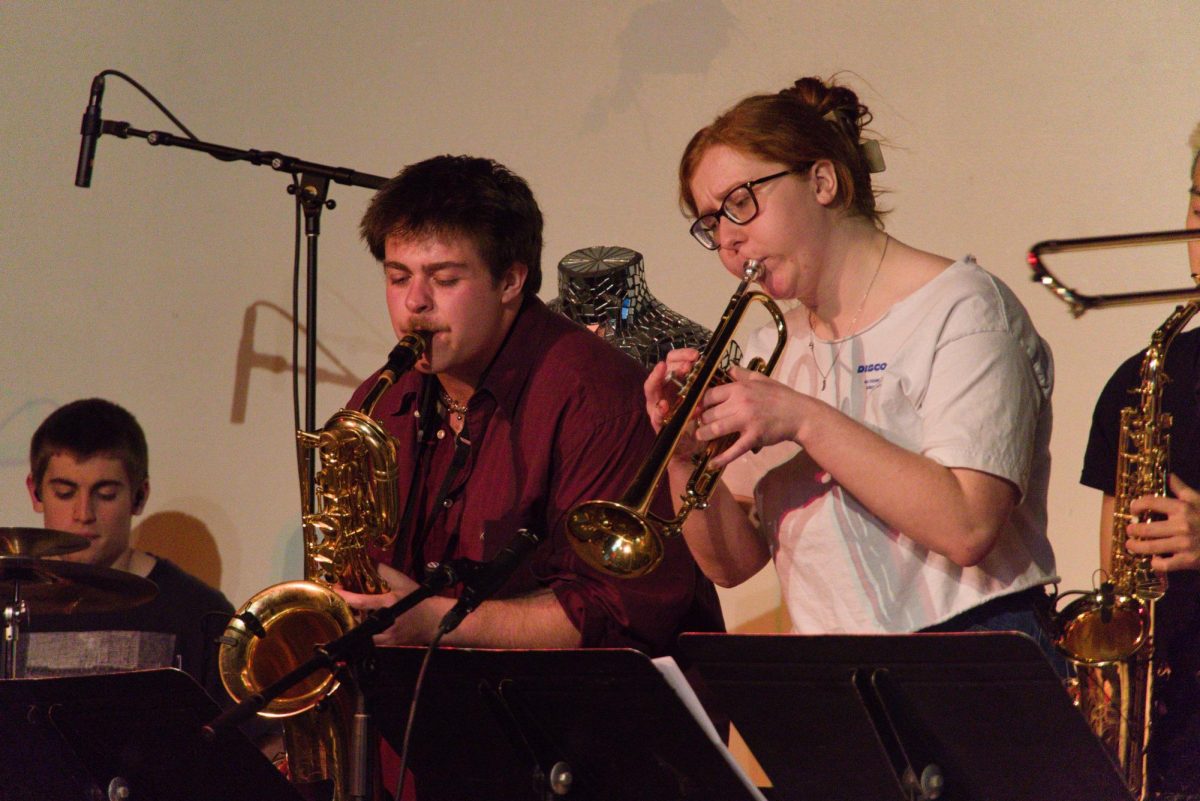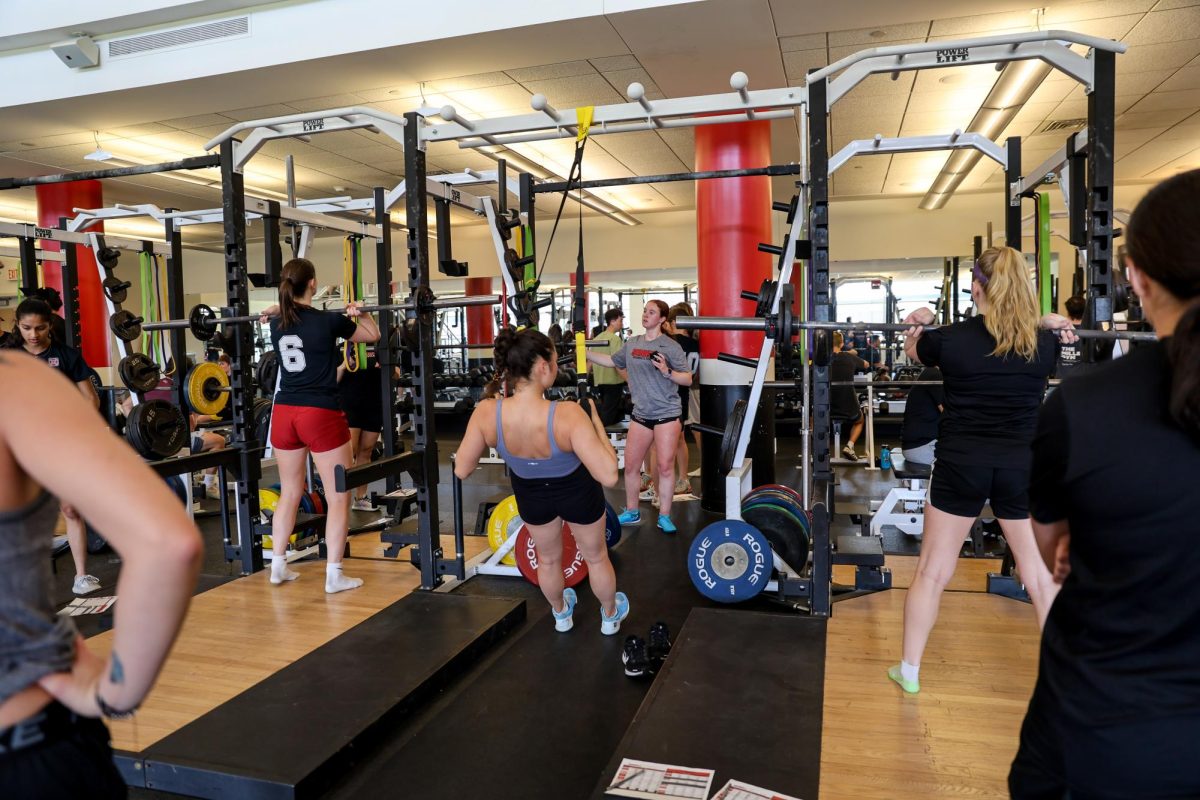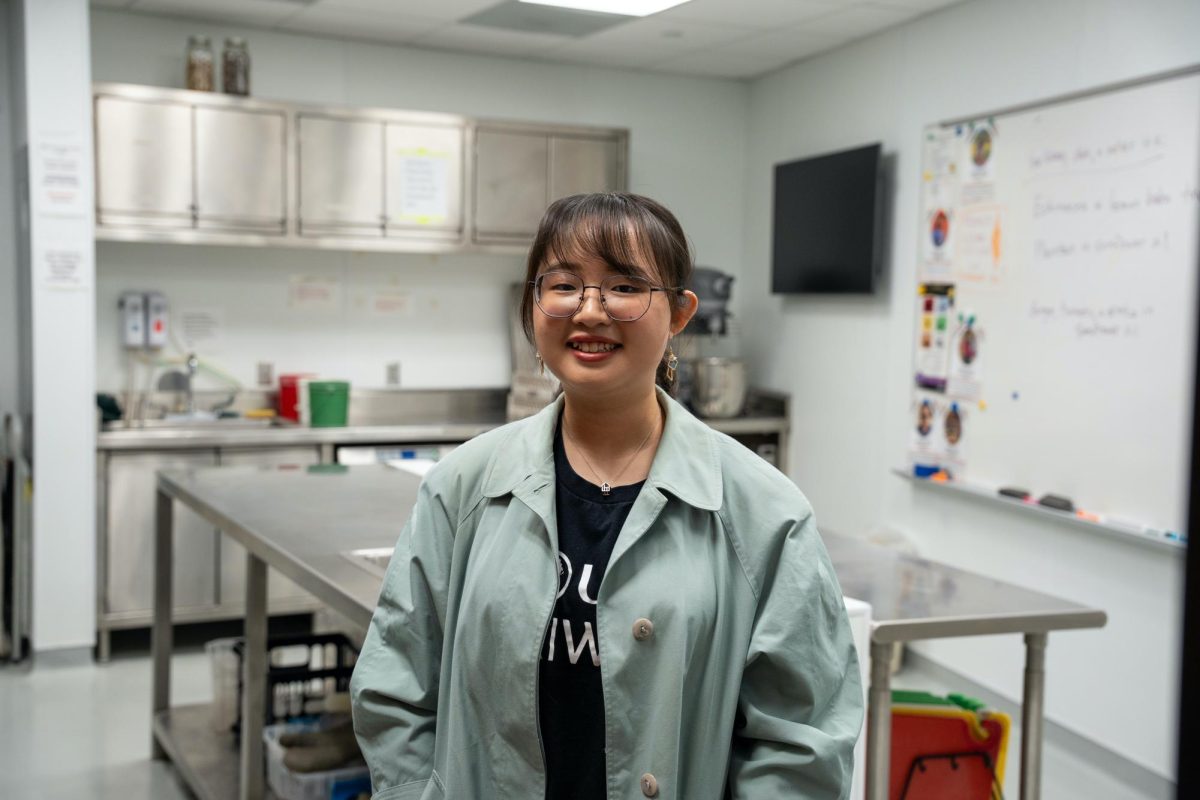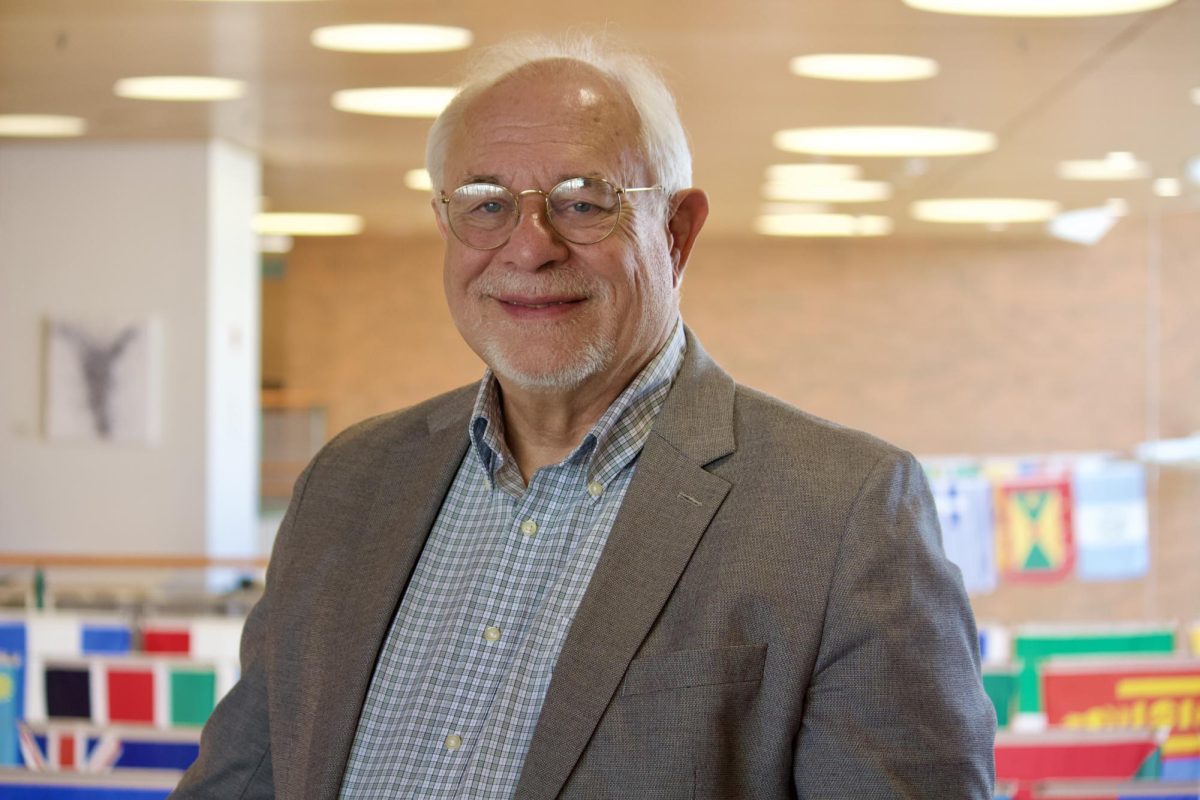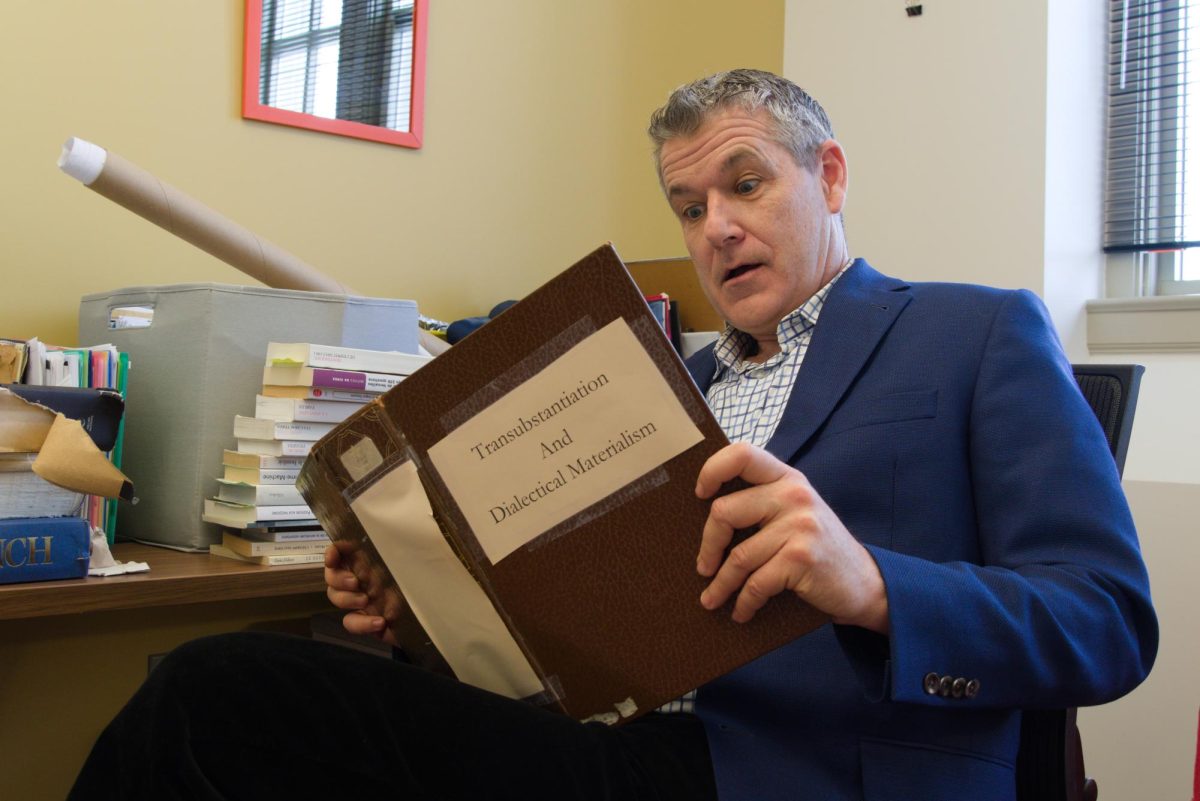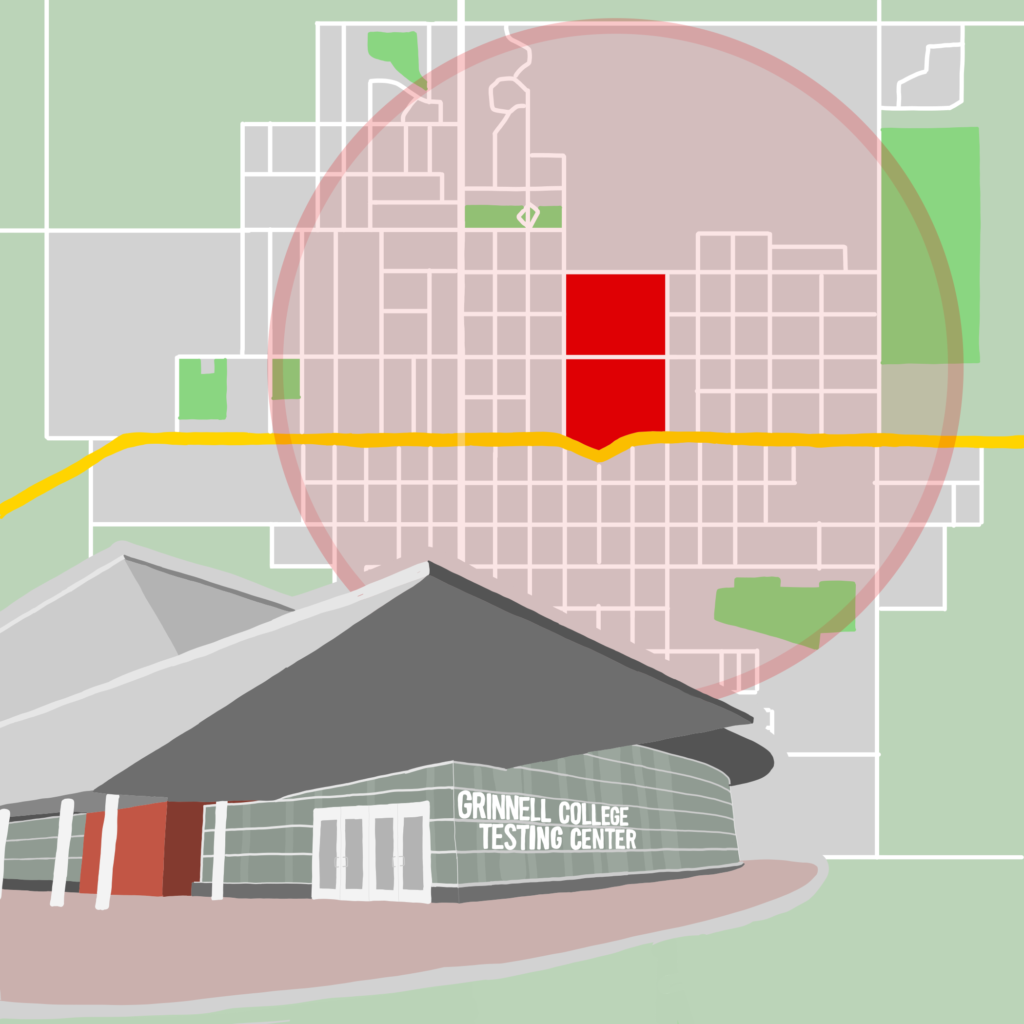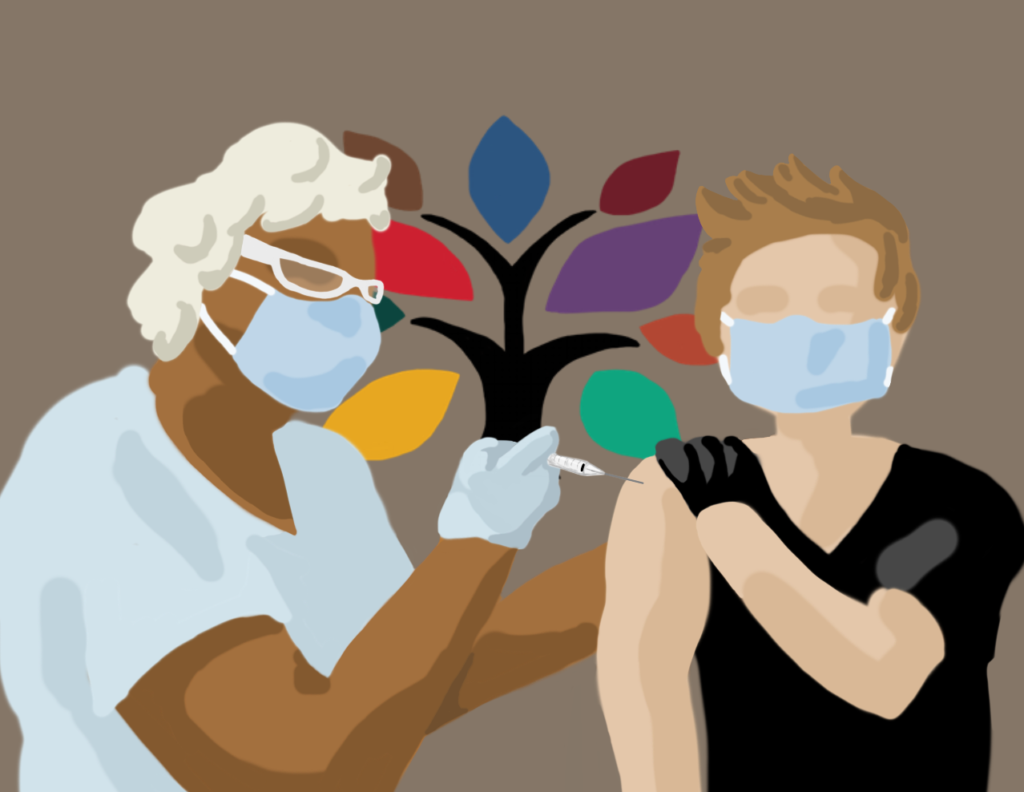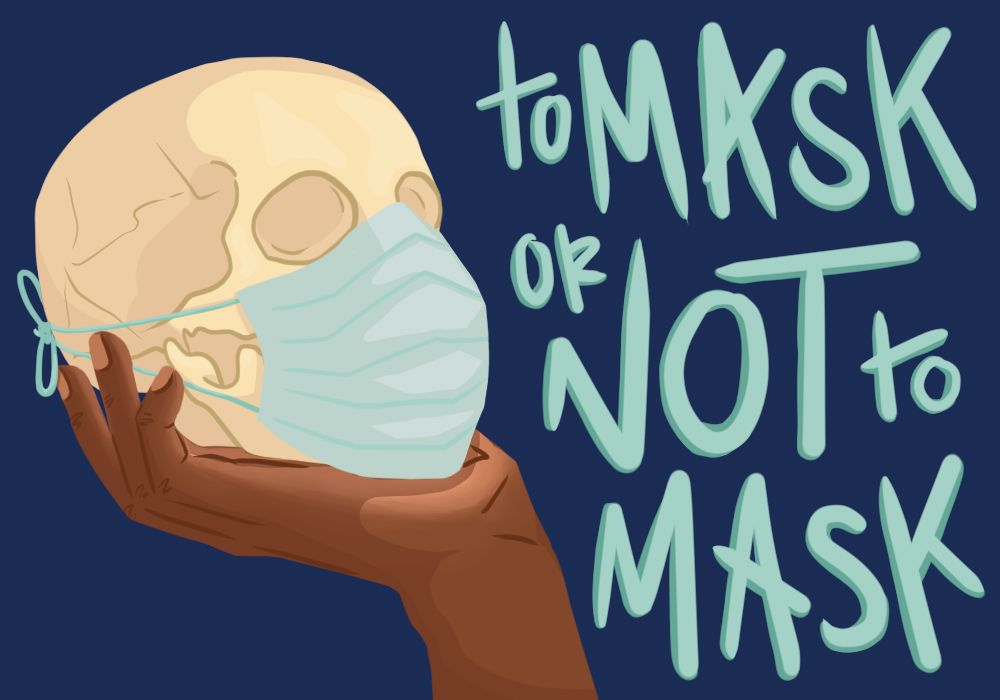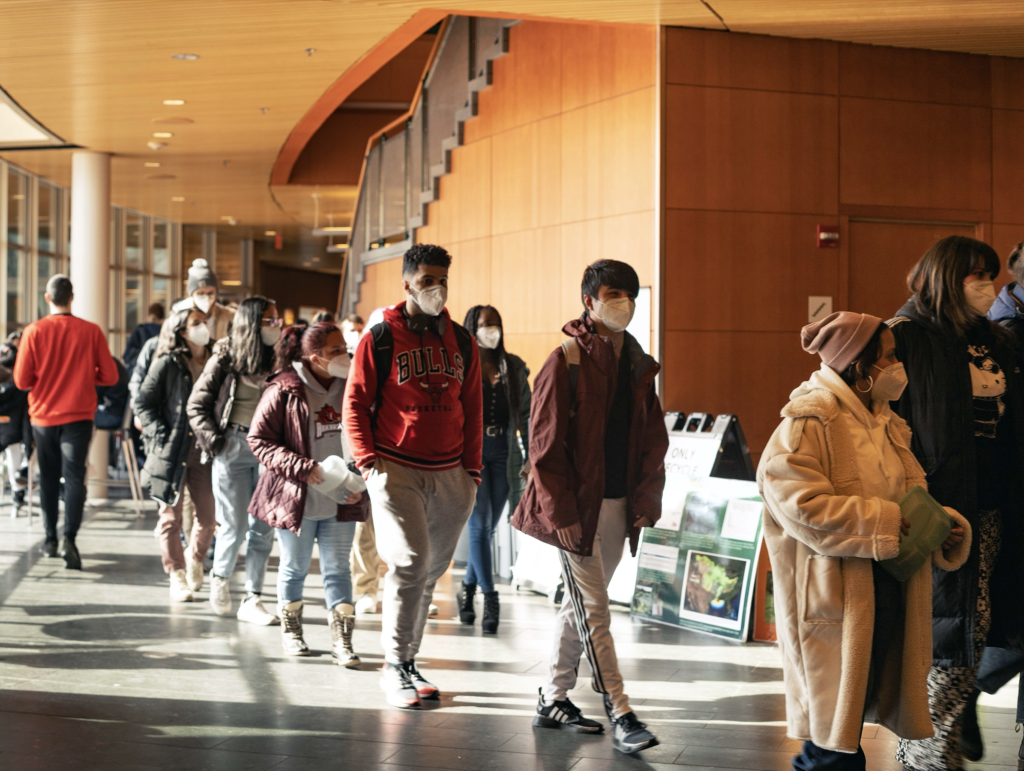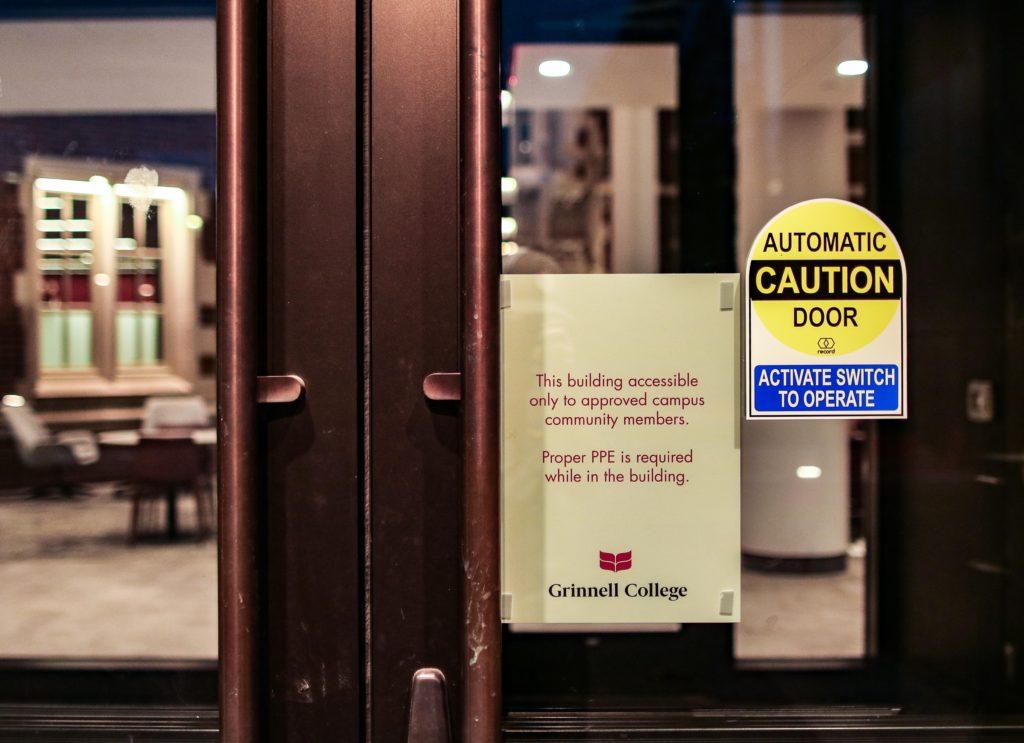Students living in off-campus housing in the city of Grinnell without prior approval from the College now have access to one resource previously only offered to on-campus and “approved” off-campus students, as well as certain faculty and staff members: COVID-19 testing.
Despite being enrolled in remote classes, Francesca Dalla Betta `22 moved into an off-campus apartment in Grinnell with a roommate for the 2020-21 school year.
Dalla Betta, however, is considered “unapproved” to live off-campus, as she didn’t apply for College approval to live in town last spring, a process which was traditionally reserved for rising seniors before the pandemic.
Partway through the summer, Dalla Betta, like many other unapproved off-campus students, realized that getting access to testing would be a problem. (Editor’s note: Francesca Dalla Betta is the social media coordinator for The S&B)
The College’s testing center, a critical piece of the infrastructure needed to keep a viral outbreak at bay as Iowa college towns see case counts rising with students’ return to campus, is the only one of its kind in Grinnell. People ineligible for a test must go to Marshalltown or further to find out if they have the novel coronavirus (Grinnell Regional Medical Center offers the test, but it requires a referral from a healthcare provider and charges a fee of $125 or more, making weekly testing at the hospital impractical and prohibitively expensive for most).
Dalla Betta and her housemates had a plan to get tested, but it involved going to the Marshalltown test site, which, Dalla Betta said, was “not ideal”: “You kind of need a car for it, and sharing cars right now is not possible like before.”
Marnie Monogue `21, another student living in Grinnell who did not have approval from the College, had a difficult time figuring out a testing plan that would work for both her and her housemates. She doesn’t have a car to make the 30-plus-mile trip to Marshalltown, but as the only unapproved student in her house, she was concerned about sharing her housemates’ vehicles and potentially exposing them to the virus. “There were just a lot of unknown factors, trying to coordinate,” Monogue said.
Monogue tried to get access to testing from the department of residence life, explaining her circumstances, but her requests were repeatedly denied, she said.
Dalla Betta was on some of the student advisory committees set up by the College to discuss student life during the pandemic, and she raised the issue to students and administrators during meetings.
Syamala Neeraja `21, vice president of student affairs for SGA, was also receiving communications from students living in Grinnell without College approval who were concerned about their lack of access to nearby testing.
Neeraja agreed that they should be included in the school’s testing program. “I think that it makes perfect sense to include these students in the public health framework that we’re laying out here,” she said. Neeraja, SGA President Lana Katai `21, SGA vice president of academic affairs Fernando Villatoro `22 and student affairs administrators Ben Newhouse and Sarah Moschenross worked together to develop a plan to make testing available for all students in Grinnell, regardless of approval status.
One problem was the College’s strict policy on unapproved off-campus students, which stated that any student living without approval in the city of Grinnell would lose their eligibility to return to campus during the 2020-21 academic year. As a result, there was no comprehensive list of students living off-campus, since unapproved students were reluctant to share their home addresses with the school.
I think that it makes perfect sense to include these students in the public health framework that we’re laying out here. – SGA Vice President of Student Affairs Syamala Neeraja ’21
“That was extremely punitive and unfair in our eyes,” Neeraja said. She, Katai and Villatoro raised their concerns with the rule to Newhouse and Moschenross, who then discussed the issue with College President Anne Harris. Eventually, Harris rescinded the policy.
Unapproved status can still be problematic for students in need of important information, though. Clare Roarty `22 said she’s needed to use social connections to find out about announcements only made available to approved students. “I’ve gotten a lot of information from other Grinnellians who are in the know,” she said.
But she thinks the communication problems are mainly due to the school lacking much knowledge on which members of the student body are currently living nearby. “I’d say for what they [College administrators] know, they’ve been doing a good job,” Roarty said.
Dalla Betta and others interviewed for this article agreed that testing is an incredibly important resource during the pandemic – one that the College should, if possible, extend to the wider community as time goes on, beyond the program’s current scope. “We see it as a collective public health measure, so it’s really important for us all,” she said.
Testing is also complicated for faculty and staff, said Professor Shannon Hinsa-Leasure, biology. Hinsa-Leasure has been involved in some aspects of developing the testing program and is in favor of the expansion to unapproved students – but she thinks there’s still more people that could benefit from the College’s testing capacity.
“We’re [faculty and staff] only allowed to be tested if we have three or more days of direct contact of students a week,” Hinsa-Leasure said. “Most people I know don’t qualify. … Many people have gone up to get tested in Marshalltown.”
Hinsa-Leasure commended students for working to ensure they had adequate testing plans, even when they couldn’t access testing provided by the College. “I’ve been very impressed with how our students have come back to Grinnell and handled themselves,” she said. “They’re doing an amazing job.”
